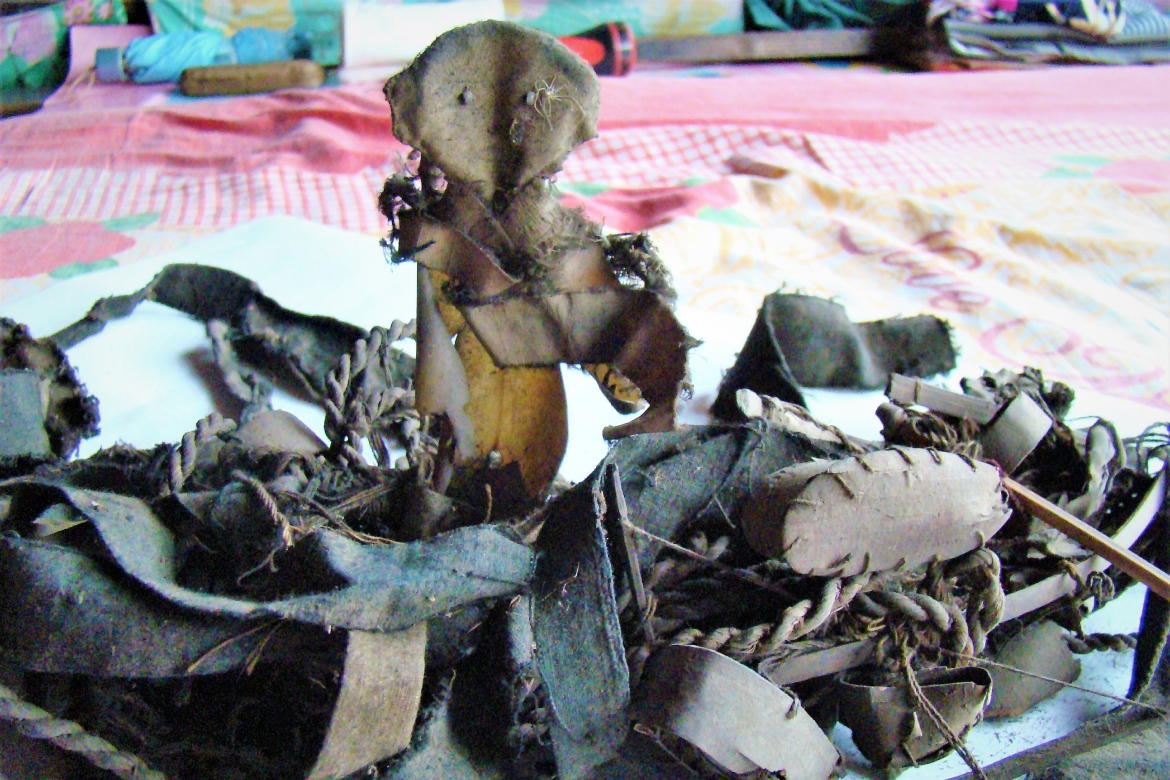- Title of the project: Heritagization and secularization in China (1949 to present)
- Duration of the project: September 1, 2020 – September 30, 2025
- Principal investigator: Ildikó Gyöngyvér Sárközi, Department of Non-European Studies, Institute of Ethnology, HUN-REN Research Centre for the Humanities
- Project type: OTKA Young Researcher Excellence Program
- Funding organization: National Research, Development and Innovation Office
- Project number: FK 134244
As everywhere else in the world, the concept of heritage has been slow to spread in China. In the process, China has irrevocably redefined UNESCO's universal heritage discourse, adapting it to an ideology that serves its own legitimation efforts. This is how the dialogue on heritage conservation became embedded in the rhetoric of patriotism that has been dominant since the late 1970s, and how the World Heritage Program became a tool for shaping ideas of national unity and cultural diversity. But how is the Chinese concept of heritage to be understood, and within what framework is the heritage of ethnic traditions that are at the core of Chinese nation-building efforts actually taking place? By answering these questions, the project’s principal investigator aims to uncover the deep layers of heritagization processes.

To answer the questions and prove her hypotheses, the principal investigator draws on her own case studies of a particular ethnic group in China, the Manchu-speaking Sibe. In addition to the primary sources collected during fieldwork between 2010 and 2019, the project will also rely on a number of foreign-language sources, including Chinese and Manchu-Sibe.
The expected results of the project include a monograph on the heritagization of religious traditions, a Hungarian translation of a Chinese-language collection of tales from the intangible cultural heritage of the Sibe of China, publications in Hungarian and foreign languages, and participation in national and international conferences.

The project also intends to develop the website Ejetun: Notes on Northern China (http://igsarkozi.com/), which includes a photo archive (http://igsarkozi.com/fotoarchivum/) with a planned collection of around 2,500 photos.
From the perspective of the humanities and social sciences, the study of the heritagization of ethnic traditions is of paramount importance for understanding glocalization processes.
The issues addressed by the project are of great international interest, as evidenced by the large body of literature on the subject. International embeddedness is helped by the fact that much of the fieldwork on which the research is based took place in the now politically closed Xinjiang Uygur Autonomous Region in Northwest China, which increased interest in the research findings.



